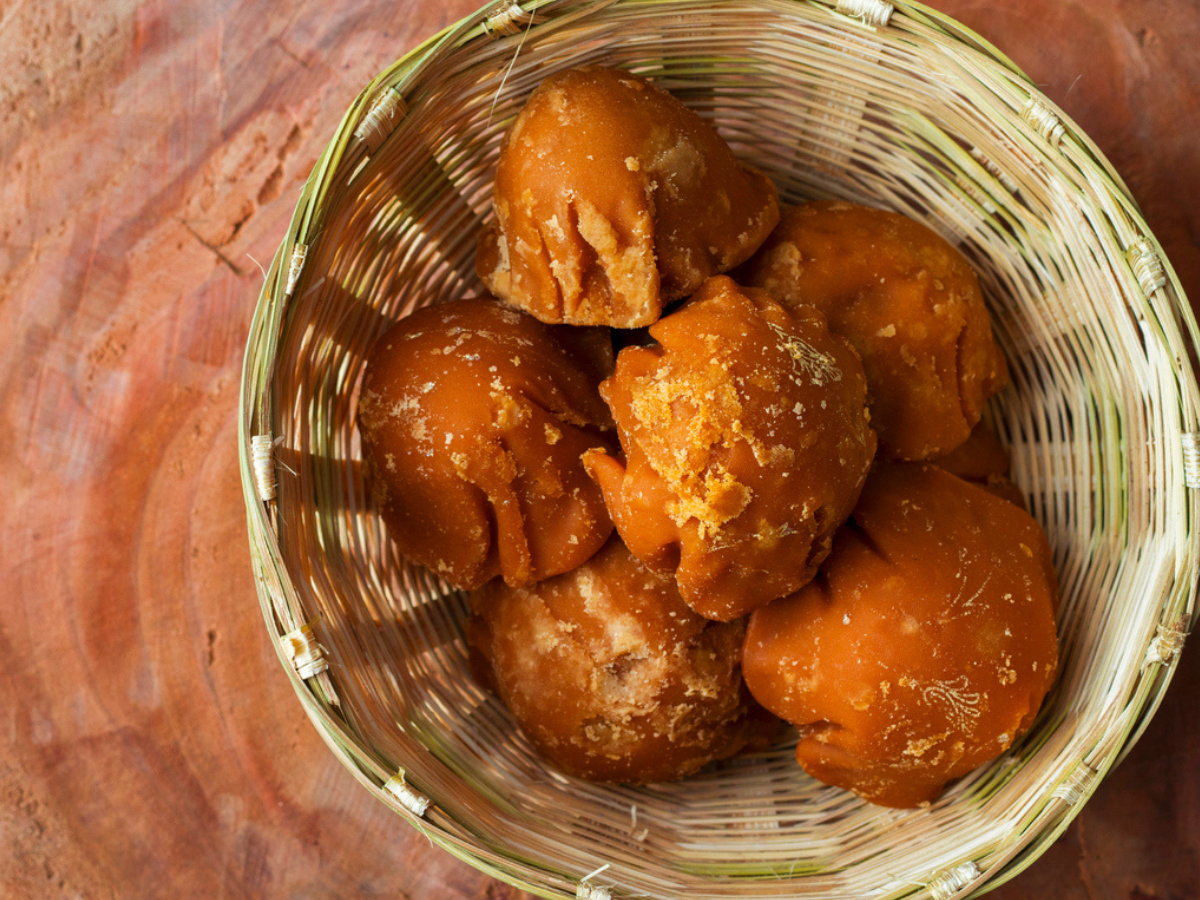Fact check: Does jaggery make your coffee sugar-free?

Jaggery is considered to be a healthier alternative to refined sugar, and even several nutritionists and dietitians recommend that diabetics and those with high blood sugar levels replace sugar with jaggery.
But the real question is: Is jaggery really the right alternative to sugar? What makes us think so, apart from the fact that it is more “natural” than refined sugar?
Let’s fact-check this claim and decode the nutritional value of jaggery and compare it with sugar.
“Jaggery is a form of a dietary item made from sugarcane in India; traditionally, it is called “Gur.. It contains around 65–70% sucrose. “White sugar contains 99.5 percent sucrose,” says Dr. Shashikant Nigam, Consultant, Internal Medicine, Apollo Hospitals, Ahmedabad.
Dr. Nigam highlights an interesting angle to the whole jaggery-sugar conundrum. He says that jaggery contains less sucrose compared to white sugar, and hence glucose levels increase slowly after its consumption. Hence, the impact of jaggery on blood sugar may not be in the same way as it is with refined sugar; however, that does not make it an ideal alternative for diabetics because of an important factor called the glycemic index.
The glycemic index is a rating of carbohydrate-dense foods that shows how quickly the food affects the blood glucose level. Foods high in glycemic index, which is more than 70, are not considered ideal for diabetics. The glycemic index of jaggery is more than 80, which lowers its position as a healthy sugar substitute.
A recent study compared the effects of coconut jaggery and table sugar on blood glucose. It was found that both of the sugar variations elicited similar patterns, though the protein contents of jaggery were significantly higher than those of cane sugar. It did not recommend coconut jaggery as a better replacement for sugar for diabetic patients.
“For diabetes patients, consuming jaggery instead of sugar may not be a good choice. Jaggery has a high glycemic index, so it should be avoided. “Jaggery is intensely sweet, and ultimately it gets converted to glucose; hence, people with diabetes should avoid consuming jaggery,” says Dr. V. Mohan.
Then what makes jaggery so popular? Jaggery is a part of several Indian traditional delicacies. Due to the surplus production of sugarcane and the high nutritional content, jaggery has always been preferred in our households.
“In addition, jaggery is a good source of multiple vitamins and minerals, particularly iron and vitamin C. Jaggery fortified with vitamin B12 is also available on the market. It is a good substitute for non-diabetics in moderation but not for people with diabetes,” says Dr Nigam.
A few common questions on jaggery and its impact on diabetes are mentioned here:
- Is jaggery good for diabetic?
The glycemic index of jaggery is very high hence people with diabetes should not use it as an alternative to sugar. - Does jaggery raise blood sugar?
Yes, it does. Though not at the same rate as sugar but in a manner that can be detrimental for diabetics. - What is the glycemic index of jaggery?
The glycemic index of jaggery is more than 80.




